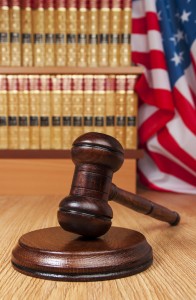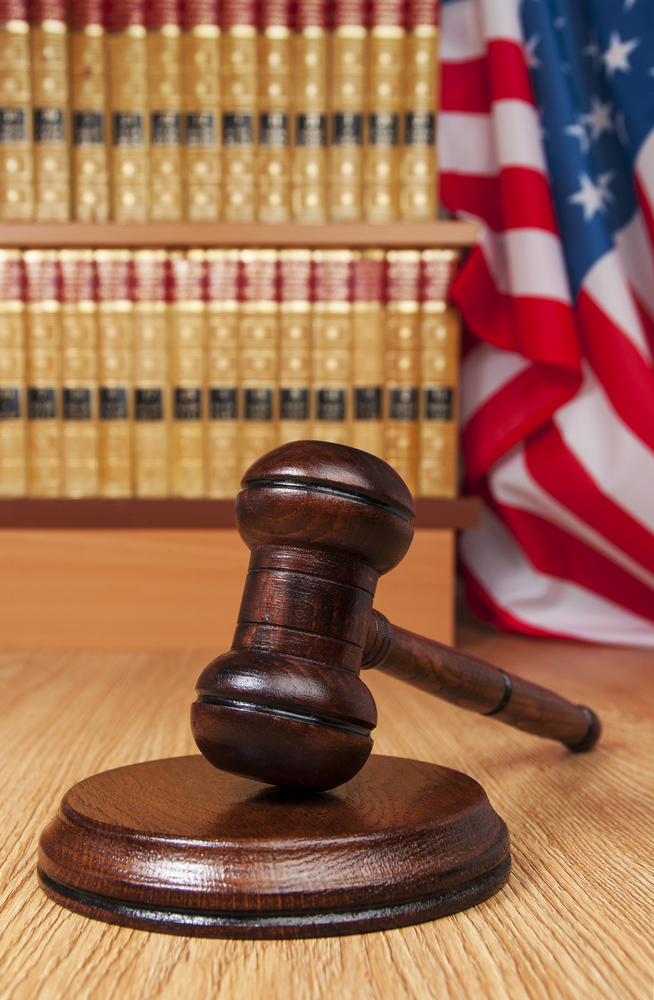
Generally, when a police officer initiates a traffic stop they are required to have a “reasonable suspicion” based on specific and articulable facts, that a crime has been or is about to be committed. For example, if an officer notices that a driver’s tail light is out, that is a non-moving traffic violation, and thus the officer possesses reasonable suspicion to initiate a traffic stop. The officer at this point must issue a citation or a warning, and then be on their way. Unless, the officer observes additional facts, that rise to probable cause for an arrest. An example of a DUI arrest, the officer witnesses blood shot and watery eyes, notice a smell of alcohol, and slurred speech by the driver. These observations in addition to field sobriety test are used by an officer to create probable cause and allow them to arrest the suspect. (side note: In Nevada, ALL field sobriety tests are voluntary and thus not required by law.)
Courts have previously held that anonymous tips are generally unreliable because it is impossible to determine the veracity of an unknown anonymous person. The courts have held that the person reporting the criminal activity must demonstrate knowledge of the crime, among other factors, that would allow law enforcement to determine, if in fact, that caller was in a position to observe said activity. But in this decision, the court held among other things, that with the sophistication of the 911 system, an individual would be deterred to make a false anonymous report, because the number from which they are calling could be verified at a later time. Apparently the justices in the majority have not been made aware of the popular use of “burner” phones. A burner can be purchased at a 7-11, very cheaply, activated within minutes, used and discarded. A fairly simply process if you are looking to make a false report against someone.
The dissent, led by Justice Scalia, stated that the ruling was an affront to basic constitutional concepts, which protect citizens from unreasonable search and seizure. Meaning that, under the majority rationale, anyone at any time, can simply make a call to police without giving any identifying information and report an alleged observed traffic violation, which will allow the officer to initiate traffic stops and detain citizens without them personally observing any criminal or traffic violation. Justice Scalia wrote, “The Court’s opinion serves up a freedom-destroying cocktail consisting of two parts patent falsity: (1) that anonymous 911 reports of traffic violations are reliable so long as they correctly identify a car and its location, and (2) that a single instance of careless or reckless driving necessarily supports a reasonable suspicion of drunken¬ness.” Needless to say, I agree with Justice Scalia.
-Michael A. Troiano, Esq.
sources: http://abcnews.go.com/Politics/wireStory/court-upholds-traffic-stop-based-anonymous-tip-23421468
http://bostonherald.com/news_opinion/national/2014/04/court_upholds_traffic_stop_based_on_anonymous_tip
http://jurist.org/paperchase/2014/04/us-supreme-court-rules-traffic-stop-based-on-911-tip-constitutional.php

